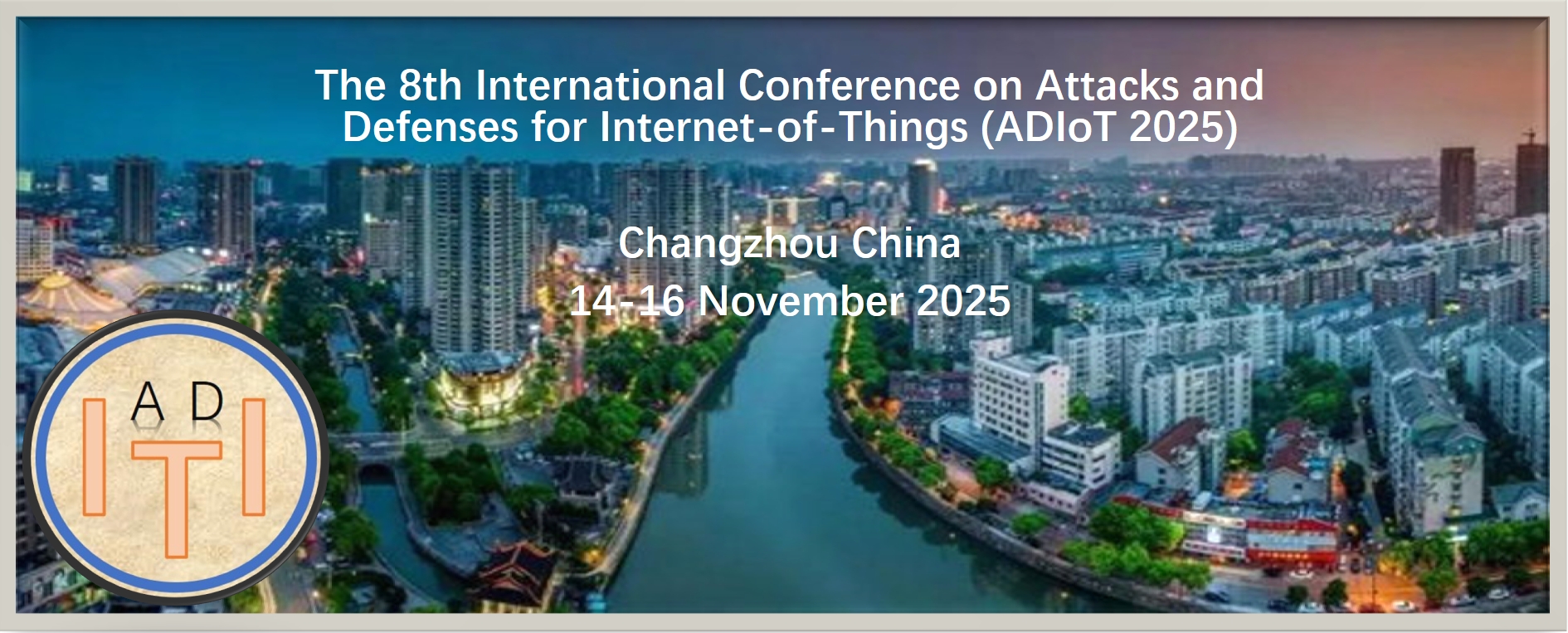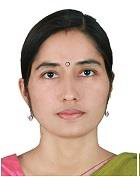


The dramatic development of Artificial Intelligence (AI) poses critical threat to network systems. Our communities are working hard for countermeasures and deep knowledge for the fields. In this talk, we would like to firstly browse the current landscape of the battle grounds. Secondly, we present the current promising efforts based on our study: theoretical tools, including digital differential geometry, group theory, et al., and their applications in practice. Thirdly, we will also report the cross discipline and cross technology methodologies deployed in the domain. We hope the talk will shed light on the fields for energetic researchers at this unfolding history of AI age.
Shui Yu is a Professor of School of Computer Science, University of Technology Sydney, Australia. He is the Deputy Chair of the Research Committee of University of Technology Sydney. His research interest includes Mathematical AI, Cybersecurity, Network Science, and Big Data. He has published seven monographs and edited two books, more than 650 technical papers at different venues. His current h-index is 86. Professor Yu promoted the research field of networking for big data since 2013, and his research outputs have been widely adopted by industrial systems, such as Amazon cloud security. He is currently serving the editorial boards of IEEE Communications Surveys and Tutorials (Area Editor), IEEE Transactions on Cognitive Communications and Networking, and IEEE Transactions on Dependable and Secure Computing. He is a Distinguished Visitor of IEEE Computer Society, and an elected member of the Board of Governors of IEEE Communications Society. He is a member of ACM and AAAS, and a Fellow of IEEE.

Federated learning (FL) is a decentralized method for training machine learning models, where local nodes retain data and only share learning parameters with other nodes, thereby enhancing privacy and data security. There are some potential attacks that compromise security and privacy concern of the data. In model poisoning attacks, some of the nodes are compromised, and the attacker may inject false information to degrade the performance of the consolidated model. Data poisoning and model poisoning, where adversaries share the incorrect local model with the central server, are potential methods for model poisoning attacks. Sybil attacks and collusion attacks are also paramount concerns for AI researchers, in which attackers create multiple malicious nodes that participate in the federated learning process, triggering their influence on the global model and attackers are able to generate the skewed model. Another attack is an inference attack, in which attackers attempt to get the sensitive information that was used in the training process. While in free-rider attacks, some nodes do not participate in the training process and keeps the advantages of globally-trained models. In model replacement attacks, attackers may share their own crafted model to update the global model as per their requirements. After several training rounds, an attacker gradually shifts the global model parameters by sharing a pre-trained malicious model. The gradient leakage attacks may deduce important insights from the gradients. Byzantine node-based collusion attack, one of the most sensitive attacks will be discussed in detail. The possibility of collusion attacks occurring and their possible remedies will be explored in detail. Some algorithms based on robust aggregation methods, anomaly detection, reputation systems, redundancy, and cross-checking are quite popular. Particularly reputation-based mechanism will be focussed on.
Dr Saru Kumari (SM IEEE) is an Associate Professor with the Department of Mathematics, Chaudhary Charan Singh University, Meerut, Uttar Pradesh, India. She received her PhD in Mathematics in 2012 from Chaudhary Charan Singh University, Meerut, UP, India. She is the recipient of the India Research Excellence-Citation Award-Women in Research-2023 by Clarivate Analytics. She has published more than 380 research papers in reputed international journals and conferences, including more than 330 research papers in various SCIE-indexed journals such as IEEE TDSC, IEEE TII, IEEE JBHI, IEEE T-ITS, IEEE TCSS, IEEE TCE, IEEE TGCN, IEEE IoTJ, Information Fusion, ACM TOIT, ACM TOMM, etc. She received the Best Paper award from the Journal of Network and Computer Applications, Elsevier, in 2020; IEEE Consumer Electronics Magazine in 2022, and Vehicular Communication in 2022. She is a Senior Editor in IEEE T-ITS. She is on the editorial board of more than a dozen International Journals of high repute, under IEEE, Elsevier, Springer, Wiley, and others including SCI and SCIE journals such as IEEE Transactions on Intelligent Transport Systems, (SCIE); IEEE Systems Journal, (SCIE); Computer Standards & Interfaces, Elsevier (SCIE); AEÜ - International Journal of Electronics and Communications, Elsevier (SCIE); International Journal of Communication Systems, Wiley (SCIE); Concurrency and Computation: Practice and Experience, Wiley (SCIE); Telecommunication Systems, Springer (SCIE); Human-centric Computing and Information sciences, Springer (SCIE); Transactions on Emerging Telecommunications Technologies; Wiley (SCIE), etc. She has completed some research projects: one in collaboration, as foreign expert, 0.25 million RMB Yuan, supported by Ministry of Science and Technology, China; One as Principal Investigator, 0.6 million INR, supported by University Grants Commission (UGC), New Delhi, India; One as Principal Investigator, 0.198 million INR, Research and Development Scheme, supported by Uttar Pradesh Government, India. She has served as the Guest Editor of many special issues in SCIE Journals under IEEE, Elsevier, Springer, and Wiley. She has been involved in the research community as a Technical Program Committee (TPC) member or PC chair for more than a dozen international conferences of high repute. She is also a reviewer of dozens of reputed Journals, including SCI-Indexed Journals, under IEEE, Elsevier, Springer, Wiley, Taylor & Francis, etc. Her research interests include Applied Cryptography, Information Security, Internet of Things, Information Fusion, Blockchain Technology, Security, and Artificial Intelligence.